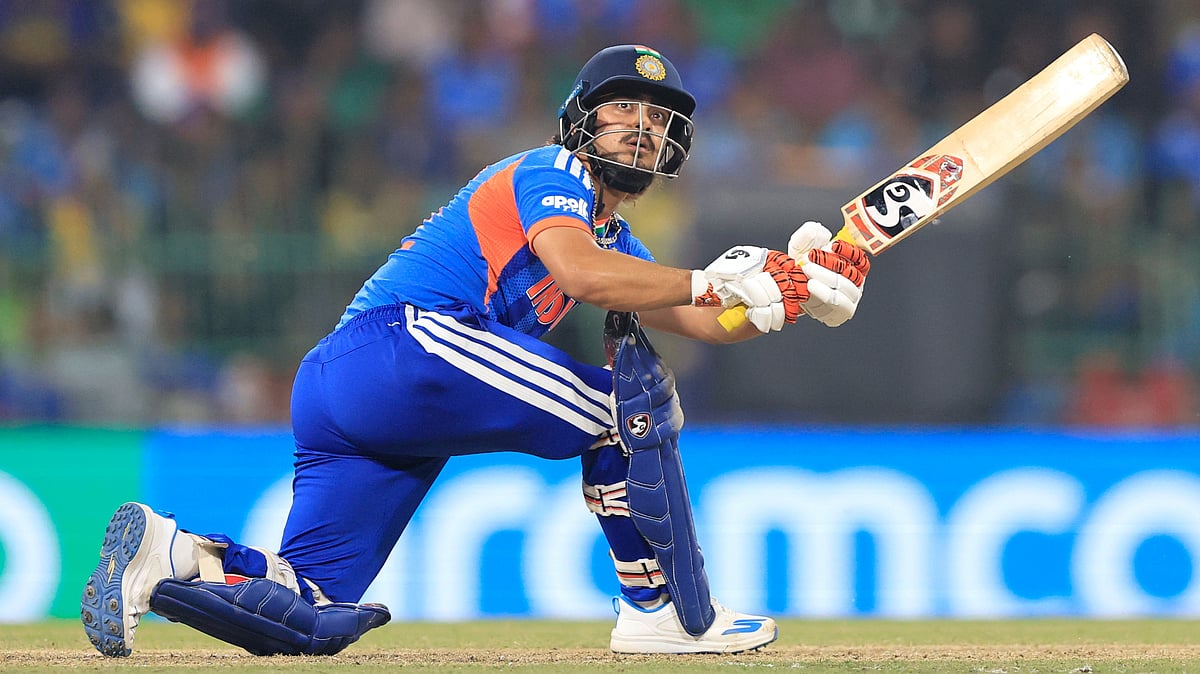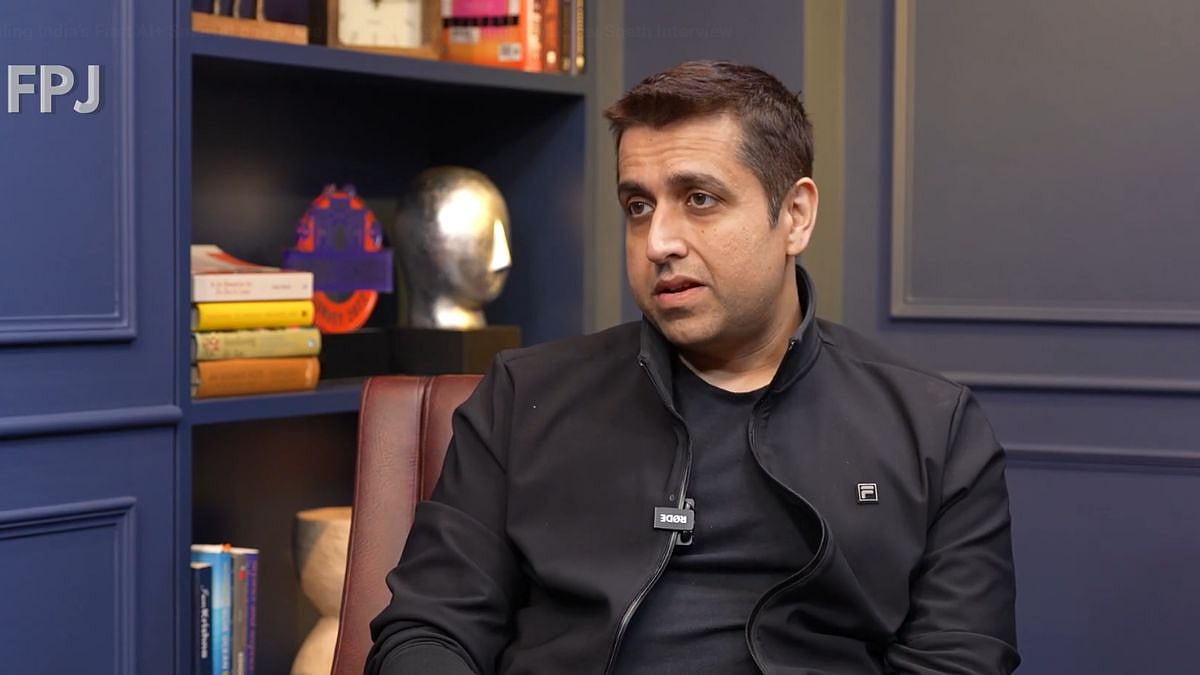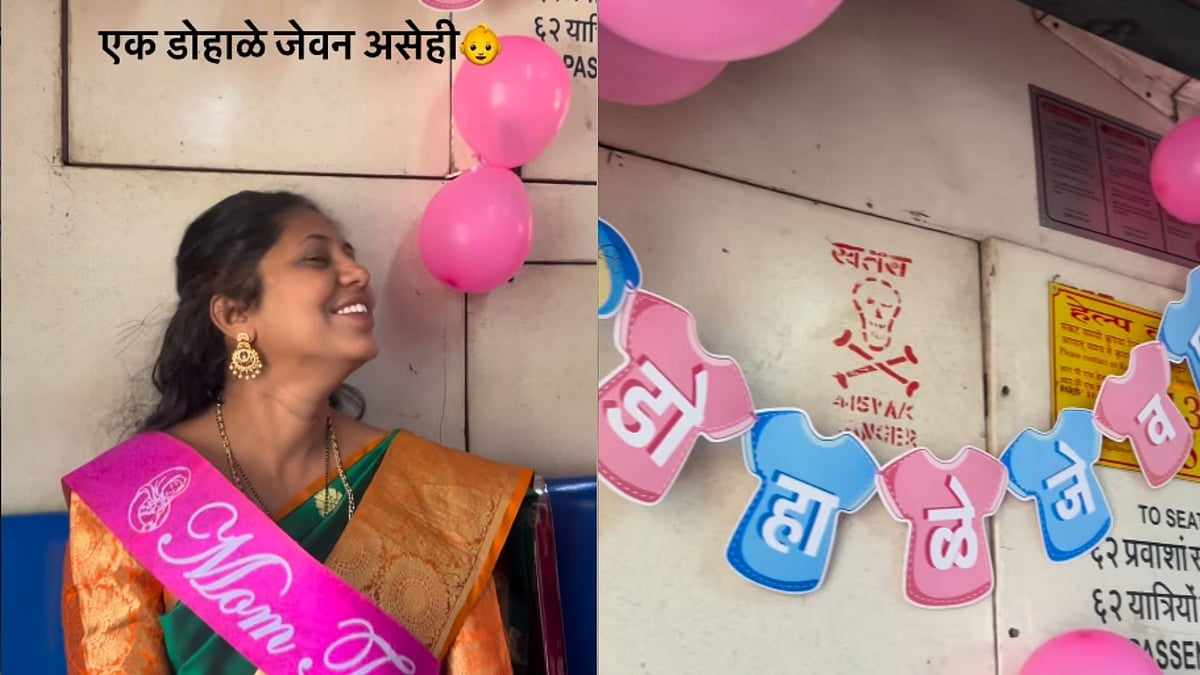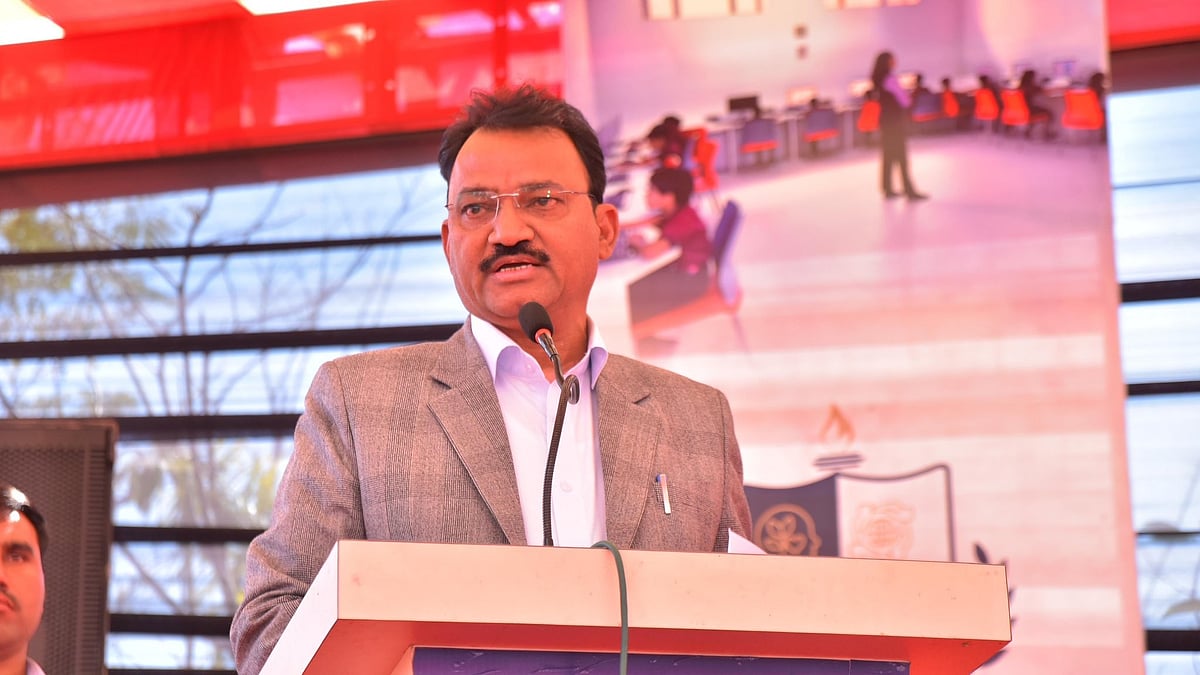Facebook-owned WhatsApp is known for its forwards that have no backing or relevant source material. Most forwards that are supposed to be news pieces are sent as part of hearsay, and eventually during the course of time, the line that divides what is real news and what is not unfortunately becomes one. Recently, one forward doing the rounds on the coronavirus has been doing the rounds, claiming that India is coronavirus-free.
This is what the forward says: “India seems to be coronavirus free even though it is a close neighbor of China. There is a lot of speculation and eyebrows raised as to why this is so.
Various reasons are being put out:
1) The Indian gene is COVID-19 resistant.
2) The low level of hygiene has made Indians immune to this virus.
3) The Indian curry might have ingredients that are antiviral.
4) Maybe the high level of chillies in our food help prevent lung infection by C-19.
5) The Indian habit of washing their hands and everything else may play a role.
6) Most Indians eat hot food and do not share their food. This prevents spread of infection.
7) The "Namaste" helps, as people don't touch each other.
8) India has a warmer climate that is killing the C-19.
9) Indians are a lot vegetarian and even the non-vegetarians can switch to vegetables. The meat eating has drastically dropped in India after the C-19 scare as per statistics.
In fact WHO and China are really wondering and trying to understand how a country of 1.38 billion can be coronavirus free!
Something to ponder about and hope it stays this way.”
Now, let us break each point in this forward
The Indian gene is COVID-19 resistant: While there have been very few cases of coronavirus reported from India, it is incorrect to say that the gene is COVID-19 resistant. Three Kerala residents have already been affected, although they were treated and cured of the disease. More recently, on Monday, Two more cases of COVID19 were reported, one each from New Delhi and Telangana. Additionally, several Indians aboard the Diamond Princess ship off the coast of Japan had also tested positive for the virus recently.
"High efficiency laboratories in Pune, Mumbai, Bengaluru, Hyderabad and Delhi enabled the government to conduct the large-scale screening process. Awareness, alertness and access are the reasons why India didn't suffer as badly as its neighbours," said Vivek Nangia, pulmonologist at Fortis Flt. Lt. Rajan Dhall Hospital, Vasant Kunj in the national capital, while speaking to IANS.
The low level of hygiene has made Indians immune to this virus: The less hygienic you are, the greater the chance of contracting the virus. On Friday, the World Health Organization shared information about the things to do at the workplace that will ensure that the virus doesn’t spread. One of them, the organization said, was to ensure that the workplace stays hygienic. The Food and Safety Standards Authority of India (FSSAI) also announced that it has been auditing slaughterhouses for the past six months. FSSAI said that it had stepped up efforts to improve hygiene and sanitation in the country's meat and fish markets. "There is no impact of coronavirus. However, because of this incident, there is awareness about hygiene in the country. We are trying to improve hygiene and sanitation efficiency in meat and fish markets," Agarwal told reporters on the side-line of an event.
The Indian curry might have ingredients that are antiviral/Maybe the high level of chillies in our food help prevent lung infection by C-19:
The Indian curry and chillies may have ingredients that have antibacterial and antiviral properties, but till date a definite cure for coronavirus has not been discovered yet. According to Todd Elerin, a doctor at Harvard, “There is no specific antiviral treatment for this new coronavirus. Treatment is therefore supportive, which means giving fluids, medicine to reduce fever, and, in severe cases, supplemental oxygen. People who become critically ill from COVID-19 may need a respirator to help them breathe. Bacterial infection can complicate this viral infection. Patients may require antibiotics in cases of bacterial pneumonia as well as COVID-19.”
The Indian habit of washing their hands and everything else may play a role: The WHO has encouraged people to wash their hands at regular intervals to ensure that the virus does not spread. However, to say that India has a handwashing habit is incorrect. A 2017 report released by WaterAid India reveals that knowledge and practices of handwashing associated with childcare tasks are abysmally poor in rural India, as reported by PTI. The study surveyed the handwashing behaviour in four rural states of India, namely, Bihar, Chhattisgarh, Rajasthan and Odisha. The results revealed that general practices of hand washing after defecation and before eating a meal were low in houses having children below five years of age. In 2020, that number may have increased, but not significantly.
Most Indians eat hot food and do not share their food. This prevents spread of infection: While the first part of this statement may be true, Indians sit and share food whether it’s at the workplace or during picnics. So, it’s incorrect to say that Indians do not share food.
The "Namaste" helps, as people don't touch each other: A number of government officials have recommended that people greet each other by folding their arms in greeting, as it involves minimum physical contact with someone else.
India has a warmer climate that is killing the C-19 virus: US President Donald Trump suggested that by April, the coronavirus problem would solve itself by April. “You know, in theory when it gets a little warmer, it miraculously goes away, that’s true,” he was quoted as saying. However, infectious diseases experts say that while the summer months could make the virus retreat, there was no concrete proof that hot air would rid of it for good.
Indians are a lot vegetarian and even the non-vegetarians can switch to vegetables. The meat eating has drastically dropped in India after the C-19 scare as per statistics: Peta UK suggested that the origin of the coronavirus came from a Chinese meat market where people were cramped next to each other. However, this is a myth, as experts say it is safe to eat both seafood and meat in India.










